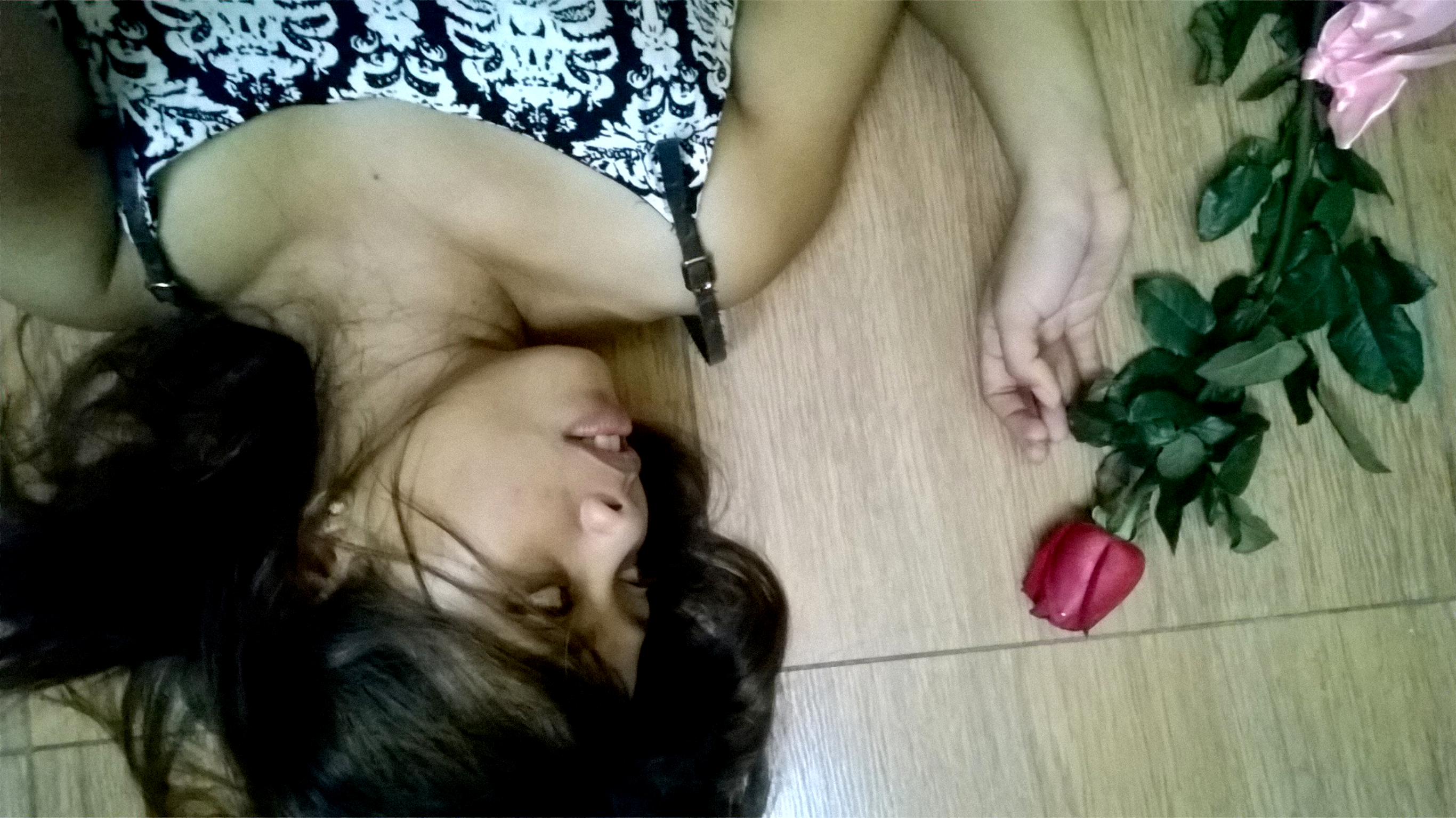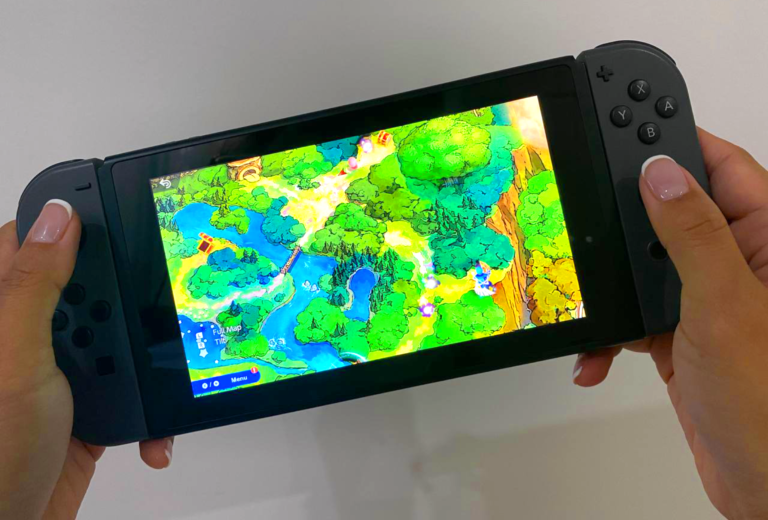The Top 5 Red Flags in Relationships: A Checklist to Protect Your Heart

Relationships are one of life’s greatest adventures, but not every connection is built to last. I’ve learned this firsthand, growing up watching the polished exteriors of families in my father’s congregation and noticing how some smiles hid deeper cracks. While every relationship is unique and comes with its own set of challenges, there are certain warning signs we should never ignore.
No matter how much you care for someone, ignoring red flags can lead to heartbreak or even deeper harm. Here are five key red flags I’ve noticed in relationships—whether romantic, platonic, or familial—that should make you pause and reflect.
1. Lack of Communication
If there’s one thing I’ve seen unravel countless connections, it’s a breakdown in communication.
It’s not just about the silence but what silence represents: avoidance, fear, or an inability to express feelings.
What to look out for:
- Your partner avoids tough conversations.
- They shut down emotionally or refuse to listen to your concerns.
- Misunderstandings pile up because neither of you knows how to address issues effectively.
In my own experience, being in a long-distance relationship, communication became a key part of my connection with my boyfriend. He’d always call me before I went to work, during my lunch break, and after work until I went to bed. He pampered me so much with these regular check-ins that when he didn’t do it, I’d find myself panicking and overthinking, wondering if something was wrong. Without consistent communication, trust starts to erode, and unresolved issues create emotional distance.
2. Consistent Dishonesty
Honesty is the foundation of every healthy relationship. From small white lies to major betrayals, dishonesty creates cracks that weaken the bond. If someone can’t tell you the truth, even when it’s uncomfortable, it’s a red flag.
What to look out for:
- You catch them lying about small, unnecessary things.
- They avoid transparency about important aspects of their life (finances, feelings, etc.).
- You feel like you’re constantly questioning their words or motives.
I know my man isn’t always completely honest with me, but when I reflected on it, I realized I’ve been dishonest at times too. It’s easy to point fingers, but sometimes, we overlook our own faults. A relationship built on half-truths will never be strong enough to weather life’s challenges. The key is being willing to face those uncomfortable truths, both individually and together.
3. Disrespect for Boundaries
Growing up, I witnessed how boundaries—or the lack of them—shaped families and relationships. A healthy connection thrives when both people respect each other’s limits, whether emotional, physical, or personal.
What to look out for:
- They dismiss your feelings or preferences as “not important.”
- They pressure you to do things you’re uncomfortable with.
- They ignore your need for personal space, time, or independence.
As women, we sometimes question whether we’ve overstepped with our partners or if we’re being too much. Boundaries protect individuality and allow relationships to flourish. If someone constantly crosses the line, it’s a sign they value their needs over yours.
4. Unbalanced Effort
Relationships aren’t 50/50 all the time, but they shouldn’t feel one-sided, either. When one person consistently carries the emotional or logistical weight, resentment builds.
What to look out for:
- You’re always the one reaching out, planning, or compromising.
- They rarely prioritize your needs or make you feel valued.
- The relationship feels more like a chore than a partnership.
A friend of mine always put in the effort in her relationship, but it eventually drained her. Her partner did provide financially, but as she learned, money alone doesn’t hold a relationship together. A strong connection requires effort from both sides. Without balance, one person will eventually feel drained or unappreciated.
5. Jealousy That Turns Controlling
Jealousy, in small doses, can be natural. But when it grows unchecked, it turns into control. I’ve seen jealousy ruin even the strongest relationships when it becomes possessive or suffocating.
What to look out for:
- They constantly check your phone or social media.
- They question your every move or try to isolate you from others.
- Their insecurity feels like it’s becoming your responsibility.
When I first started dating, my mom reminded me not to get jealous, saying it’s like a disease. I understood where she was coming from, but at times, it’s difficult to draw the line between care and control. Healthy relationships are built on trust, not control. If someone’s jealousy starts dictating your life, it’s time to step back and evaluate.
A Note on Navigating Red Flags
When we care about someone, it’s easy to overlook warning signs or convince ourselves that things will get better. But ignoring red flags only prolongs the inevitable and makes the hurt even harder to heal.
If these red flags resonate with you, it doesn’t mean the relationship is doomed—but it does mean there’s work to be done. Sometimes, that work can lead to growth and healing. Other times, it means letting go.
If this feels relatable, you might enjoy reading Building Connections: What I’ve Learned About Relationships, where I share more about what I’ve observed growing up and what makes relationships work (or not).
At the end of the day, relationships are about connection, not perfection. Pay attention to the signs, trust your instincts, and never forget your worth.






